Let's stipulate that a music is words set to track. Or a poem it is sung.
That seems to be the belief historian Jon Meacham and nation singer Tim McGraw make with Songs of america: Patriotism, Protest, and the song That Made a Nation (Random condominium, $30).
"Songs make heritage and historical past makes songs," Meacham rates Irving Berlin as asserting. "It needed a French Revolution to make a 'Marseillaise' and the bombardment of fort McHenry to give voice to 'The megastar-Spangled Banner.'"
And it took an Irving Berlin to write down "God Bless america," which he at the beginning wrote whereas he changed into serving as a sergeant in the U.S. military in 1918. He wrote it for a comic book revue designed as a fundraiser to construct a neighborhood center on the grounds of Camp Upton in Yaphank, N.Y., however put it aside because it gave the impression too solemn in comparison to the different numbers, which covered "Oh, How I Hate to stand up within the Morning."
Twenty years later, after the upward thrust of Adolf Hitler, Berlin revised the track as a sort of prayer for peace; Kate Smith sang it for the primary time on her radio exhibit on Armistice Day in 1938, prefacing with an introduction that you hardly ever hear any more however which she always included: "whereas the storm clouds acquire far across the sea/let us swear allegiance to a land it is free/allow us to all be grateful that we're removed from there/As we raise our voices in a solemn prayer." (In subsequent performances, Smith modified the third line of the intro to "let us all be thankful for a land so reasonable.")
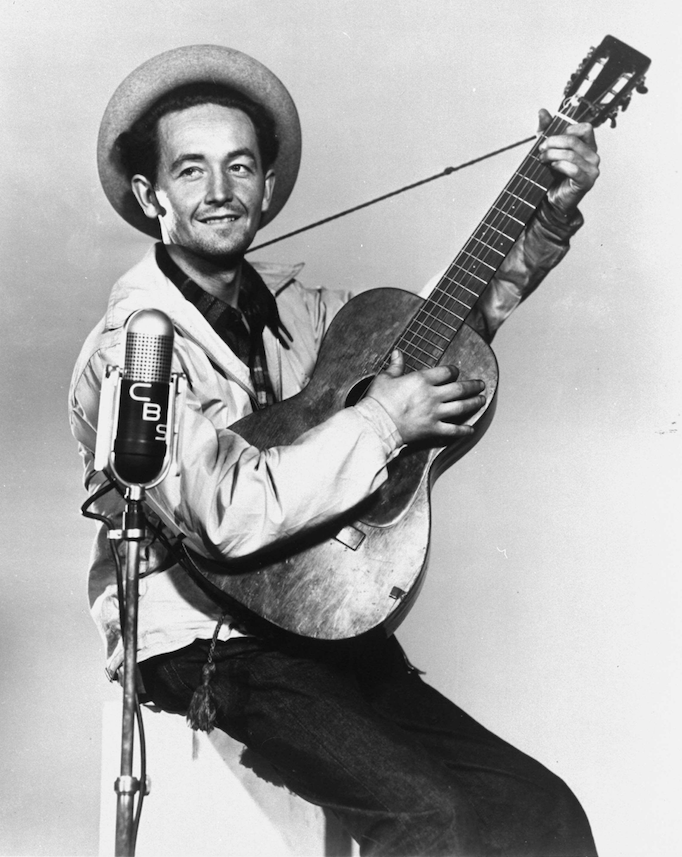
Woody Guthrie wrote “This Land Is Your Land†in response to Irving Berlin’s “God Bless america.†(AP)
Woody Guthrie changed into irritated through Smith and wrote "This Land Is Your Land" -- at the beginning titled "God Blessed america for Me" -- in response. Joe Klein, in his definitive biography Woody Guthrie: A lifestyles, pinpointed the writing of the usual lyrics to Feb. 22, 1940, in the Hanover condominium lodge on West forty third road in ny. Klein writes that Guthrie then "absolutely forgot in regards to the track, and didn't do anything else with it for a further 5 years."
but Guthrie recorded the song in March 1944, which may shake our religion in Klein's simple task. And we likely should be aware that "This Land Is Your Land," like "The megastar-Spangled Banner" and most Woody Guthrie songs, relies on a borrowed melody -- in this case, it be the Carter family unit's "When the realm's on fireplace." but it is how songs work -- Berlin interpolated a six-observe phrase from a 1906 Jewish dialect novelty song, "When Mose with his nose Leads the Band," into "God Bless the usa."
American songs, like the us's americans, are sometimes hybrids and retreads, re-invented and repurposed bits of pluck and humbug.
Meacham earnestly surveys American history during the prism of the country's vocal tune. he's a cautious and heat author, determinedly reassuring and fair-minded as he does the play-through-play. He touches on Billie holiday's 1939 recording of "bizarre Fruit" and Eleanor Roosevelt's resignation from the Daughters of the American Revolution after the DAR refused to allow Marian Anderson to perform at charter hall. (She sang at the Lincoln Memorial as a substitute.)
here and there McGraw, a rustic singer of word and Meacham's neighbor and pal, acts as a colour commentator, offering up sporadically illuminating sidebars on selected songs. (McGraw is principally respectable when he tackles the technical elements of the song.) it all makes for an enjoyable if unchallenging read; one might imagine the ebook serving as a text for a fascinating course.
there's a glaring problem with writing about songs unfamiliar to most readers, such as the "earliest American soldier-tune which became generally general," a edition of Thomas gray's "Elegy Written in a country Churchyard" allegedly sung by way of doomed Gen. James Wolfe and allegedly sung on the eve of 1759's combat of the Plains of Abraham.
Poetry and pamphleteering can also have been more vital to colonials, so or not it's handiest right that Phillis Wheatley, the emancipated slave whose poetry ended in a correspondence with George Washington, and Thomas Paine, is mentioned.
song definitely enters the story with "Yankee Doodle," which Meacham notes the British every so often played to taunt rebellion forces. Then, in 1814, Francis Scott Key wrote the phrases to "The megastar-Spangled Banner" (and set them to the tune of "To Anacreon in Heaven," the intentionally complex to sing "constitutional" music of a British gentlemen's membership made of novice musicians referred to as the Anacreontic Society).
"The anthem is never about martial glory or bombastic nationalism;" McGraw perceptively writes in his sidebar on the piece, "or not it's in fact a tune suggested by anxious longing."

Tim McGraw (left) and Jon Meacham, authors of "Songs of america: Patriotism, Protest, and the tune That Made a Nation" (Random condo)
Meacham and McGraw tiptoe in the course of the minefields of 19th-century spirituals, wisely ceding the flooring to W.E.B. Du Bois, who, in the Souls of Black people, wrote of the so-known as "Sorrow Songs" sung by slaves within the 1830s:
"What are these songs, and what do they mean? i know little of tune and may say nothing in technical phrase, however i know something of men, and knowing them, i do know that these songs are the articulate message of the slave to the area ... they're the song of an unhappy americans, of the babies of disappointment; they tell of dying and struggling and unvoiced longing towards a truer world, of misty wanderings and hidden ways.
"The songs are certainly the siftings of centuries; the music is far more historical than the words ..."
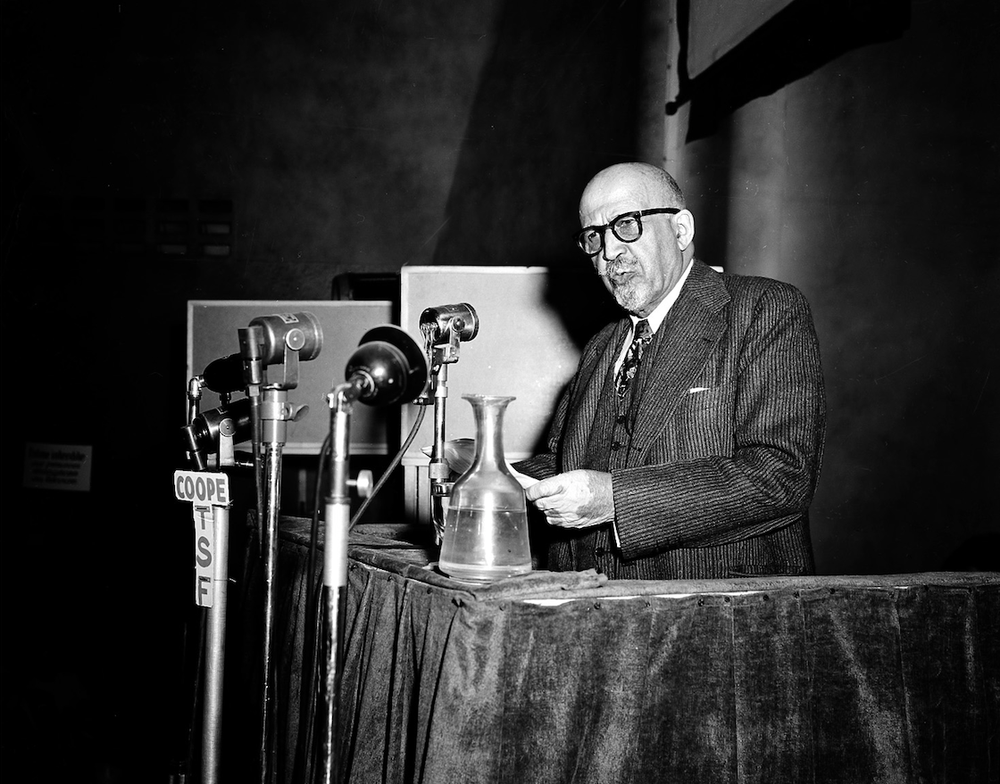
W.E.B. Du Bois wrote concerning the “Sorrow Songs†sung by way of slaves within the 1830s within the e-book "The Souls of Black folks." (AP)
it be on via "John Brown's physique," "The combat Hymn of the Republic" and the troublesome "Dixie," a favourite of Abraham Lincoln's, written to be performed in blackface by means of whites pretending to be blacks craving for "the land of cotton."
"What a difficult music to dissect," McGraw writes. "... I don't have any doubt that it portrays a pro-slavery point of view and relegates African americans to probably the most un-American of places: a place the place human beings are regarded inferior as a result of the colour of their skin and the situations of their beginning. That can also have been who we were, however it can't be who we are."
From there the story moves briskly, making some elements with an examination of Alfred Bryan's 1915 tune "I did not elevate My Boy to Be a Soldier" ("Who dares to place a musket on his shoulder/To shoot another mother's darling boy?") which expected the protest songs of the 1960s.
but is looks peculiar that there is no mention of seminal figures like "songster" Hudie "Lead belly" Ledbetter or ethnomusicologist Alan Lomax in a book about American track (the blues in frequent receives short shrift, as Meacham tends to focus on topical lyrical content material over emotive power). And for that rely, are you able to do a e-book about American track that would not point out Walt Whitman?
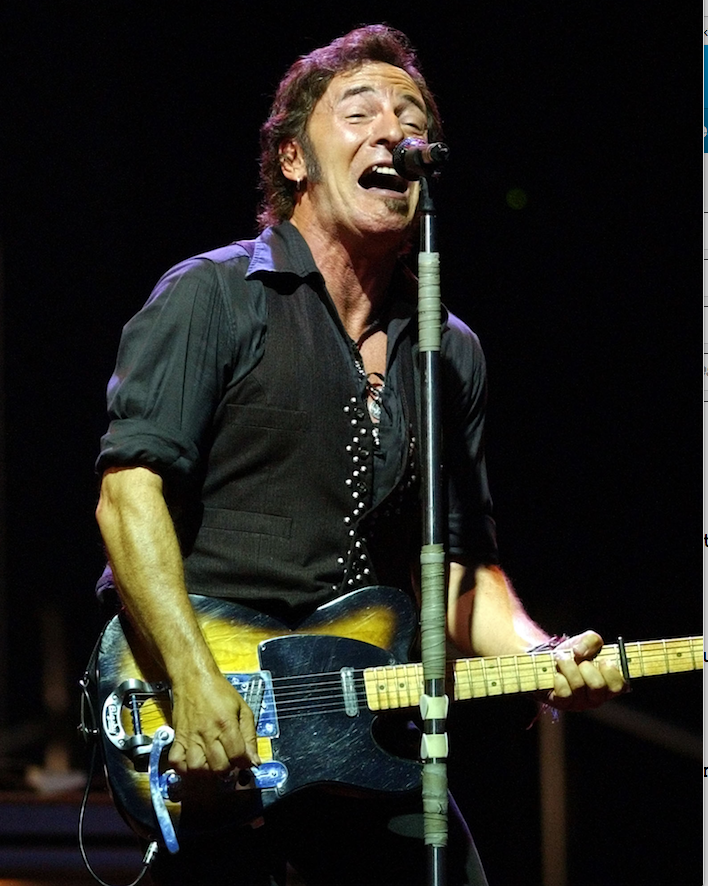
Bruce Springsteen’s music “Born in the americaA.†changed into misunderstood by using President Ronald Reagan, who desired to make use of the music for his crusade theme. (AP)
whereas what's within the booklet is effective, and Meacham and McGraw without doubt have the right to opt for their pursuits, there's a lot of floor left unplowed here. they're correct to go into how Ronald Reagan, by the use of George Will, misconstrued the meaning of Bruce Springsteen's "Born in the united statesA." (which most effective sounds jingoistic if you do not attend to the lyrics) and to imply that Lee Greenwood's "God Bless the usA." would have been a extra suitable campaign theme.
They rightly acknowledge the importance of the Animals' "we have now received to Get Out of This place" and Curly Putnam's "green green Grass of domestic" (sung through each Porter Wagoner and Tom Jones, in addition to dozens of alternative artists) to American troops in Vietnam. Glen Campbell's "Galveston" is touched upon; so is Johnny cash.
They needed to depart most of it out. Kris Kristofferson is mentioned as soon as in passing. Jackson Browne, arguably one of the most political artists of the previous 50 years, doesn't cost a point out.
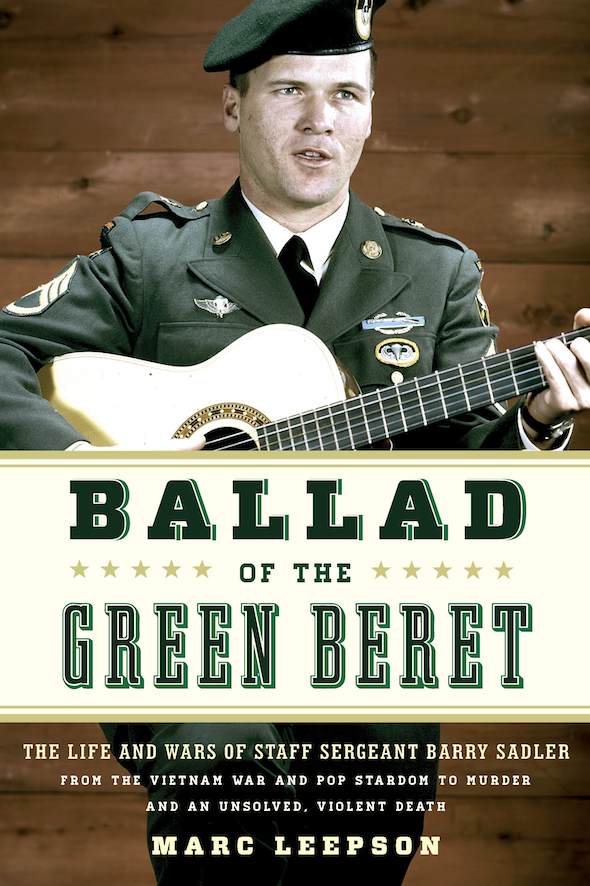
body of workers Sgt. Barry Sadler, who reached No. 1 in 1966 with “The Ballad of the green Berets,†is the subject of the 2017 biography "Ballad of the eco-friendly Beret." (Stackpole Books)
I desire they'd spent greater time on Barry Sadler, the folk singer who, in 1966 -- the year of the beach Boys' "good Vibrations," the Mamas and the Papas' "California Dreamin'," the Rolling Stones' "Paint It, Black" -- scored the year's biggest single when it comes to revenue and airplay. His "The Ballad of the green Berets" spent 5 weeks atop Billboard's sizzling 100 charts and crossed over to be No. 1 on the journal's effortless Listening and No. 2 on its country charts. greater than 9 tens of millions singles had been sold, greater than 2 million albums.
Sadler become a workforce sergeant -- a medic -- within the U.S. military particular Forces. He'd been working on the music for years, even revising it all the way through his 5-month stint in Vietnam, a tour truncated when, in may additionally 1965, while on patrol close the primary Highland city of Pleiku, he fell into a Viet Cong-set trap and impaled his knee on a punji stick smeared with feces. He dressed the wound himself and endured the patrol, but later developed an an infection requiring he be airlifted to the Philippines. docs lanced the wound, dosed him with penicillin and despatched him home to fortress Bragg, N.C.
There Sadler reconnected with Lt. Gerry Gitell, a 23-year-old military public tips officer, additionally these days again from Vietnam. In 1964, before both of them had been deployed, Gitell had satisfied his commanding officer, media-savvy Gen. William Yarborough, to sanction Sadler's "The Ballad of the eco-friendly Berets" as the reputable song of the particular Forces.
Gitell had scrounged up recording device and secured a room on the base to serve as a recording studio, made demos, and despatched letters and tapes to quite a lot of track publishers and list organizations. (At some aspect the writer Robin Moore, a Harvard classmate of Robert F. Kennedy's who was at castle Bragg doing research for his novel The eco-friendly Berets, a choicest-promoting booklet which was the groundwork for the 1968 John Wayne movie, helped Sadler refine the lyrics and earned a co-writer credit.)
"The ballad is a folk tune... " Gitell wrote in his cover letter, which in gentle of "fresh publicity about particular Forces and the recognition of folks Songs, I think ... may be a possible seller to the ordinary public."
Gitell secured a publishing deal for Sadler in 1964. In December 1965, Sadler signed with RCA data. The military cut him a deal that allowed Sadler 15 months to promote his profession.
"On Sunday, Jan. 30, 1966, Ed Sullivan went on the air with a regular application," Meacham writes. "Dinah Shore turned into there, singing 'Chim Chim Cher-ee,' 'something unbelievable,' and a blues medley, as changed into Jose Feliciano, who did 'Flight of the Bumble Bee.'
"The 4 Tops performed a medley of 4 hit songs: 'The total World Swings With You,' 'or not it's the same old track,' 'some thing About You,' and 'I cannot assist Myself' ('Sugar Pie, Honey Bunch').
"there were three comedy acts -- Dick Capri, Jackie Vernon and Topo Gigio, the Italian puppet. A picket clog dance and precision archery rounded out the reveal.
"but the most resonant efficiency of the evening got here when personnel Sgt. Barry Sadler, a member of the army's elite special forces, sang 'The Ballad of the green Berets' ... Standing ramrod straight, in uniform, earlier than a picture of the green Beret insignia bearing the Latin motto De oppresso liber (To free the oppressed), Sadler ... painted a portrait of valor and electricity."
It resonated. Sadler looked the part. He turned into a warfare hero and the tune -- an easy three-chord ballad in the key of C -- struck the appropriate notes of obligation and resolution even as it veered close to mawkishness in the remaining verse, the place a young wife mulls her eco-friendly Beret's "closing request":
Put silver wings on
my son's chest
Make him one
of the usa's choicest
He'll be a person,
they may verify someday,
Have him win
the eco-friendly Beret
Meacham makes use of "The Ballad of the eco-friendly Berets" -- a one-hit wonder, a cultural curiosity soon to be swallowed up with the aid of the tsunami that was the curdling end of the '60s -- as a counterpoint to brazenly anti-war songs like Creedence Clearwater Revival's "fortunate Son" and Pete Seeger's "Waist-Deep in the big Muddy." fair enough.
however there may be greater to the story. Sadler had a short and turbulent lifestyles. His folks divorced when he turned into 5 years ancient; his father died of cancer soon after. His mother hopped from job to job across the southwest, and Sadler grew up delinquent, falling by the wayside of college within the 10th grade to enlist in the Air drive.
He meant to re-enlist in the Air drive in 1961, however when he got to the recruiting station he discovered it closed, so he walked next door to the military recruiter.
at the least that was his story. He turned into on no account a reliable narrator -- he informed Soldier of Fortune magazine he'd written "The Ballad of the eco-friendly Berets" on the steps of a Mexican whorehouse.
He wasn't the straight arrow he presented as; his lifestyles fairly much fell apart after his chart-topping success. He misplaced his household and drank through his royalties. In 1978, he changed into charged with the murder of his lover's ex-boyfriend, a songwriter named Lee Emerson who'd managed George Jones and Marty Robbins. (He ended up pleading guilty to voluntary manslaughter and serving under a month in a county workhouse.)
He moved to Guatemala in 1984, and in 1988 he was shot within the head. Sadler's chums and household theorized he'd been centered via an assassin or a robber; the police maintained he'd accidentally shot himself. He survived, but suffered big brain harm and died a bit over a 12 months later.
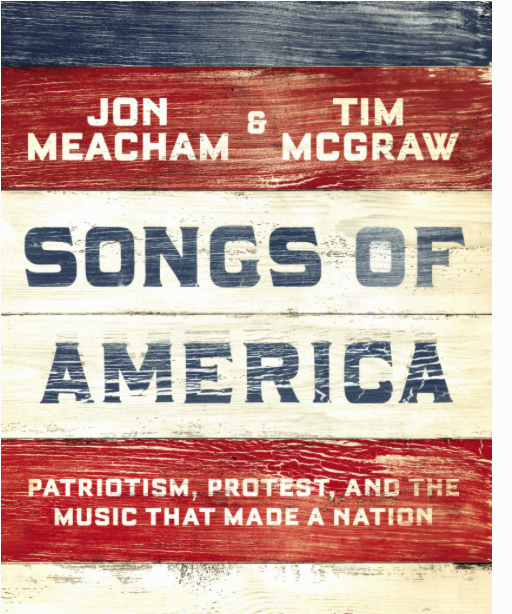
(Random condo)
it be now not an exquisite story, however's an American one. decide on on the threads of any variety of songs and they would unspool in the same means. however Songs of america is a survey path, now not a graduate seminar.
electronic mail:
pmartin@arkansasonline.com
blooddirtangels.com
fashion on 07/21/2019

 Van Dean with Broadway Matildas
Van Dean with Broadway Matildas Tain Gregory as Michael in MATILDA picture with the aid of NewArts
Tain Gregory as Michael in MATILDA picture with the aid of NewArts










